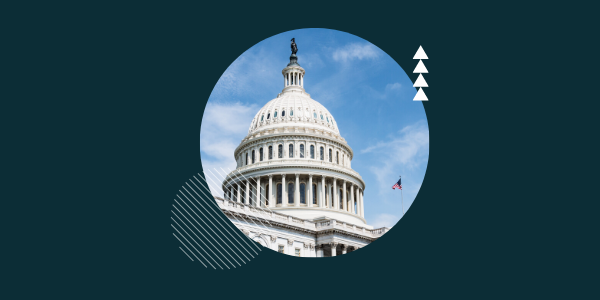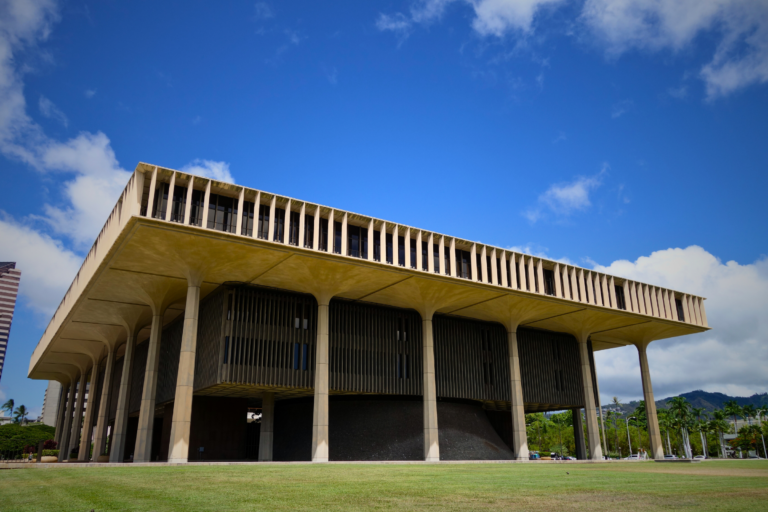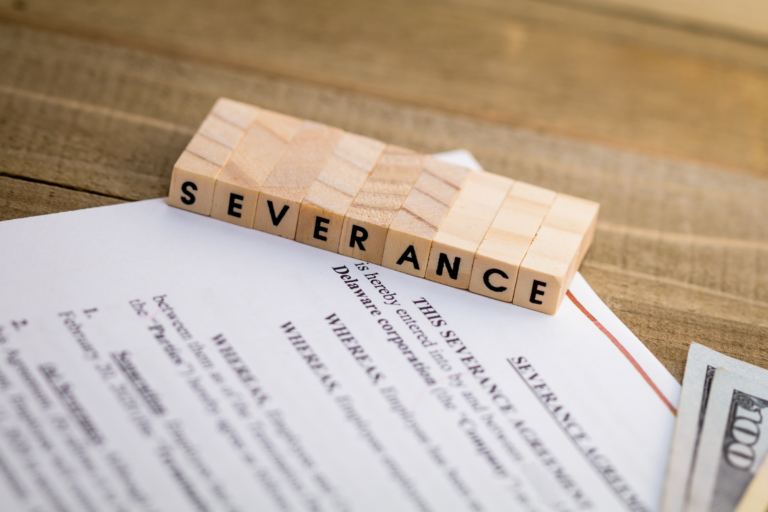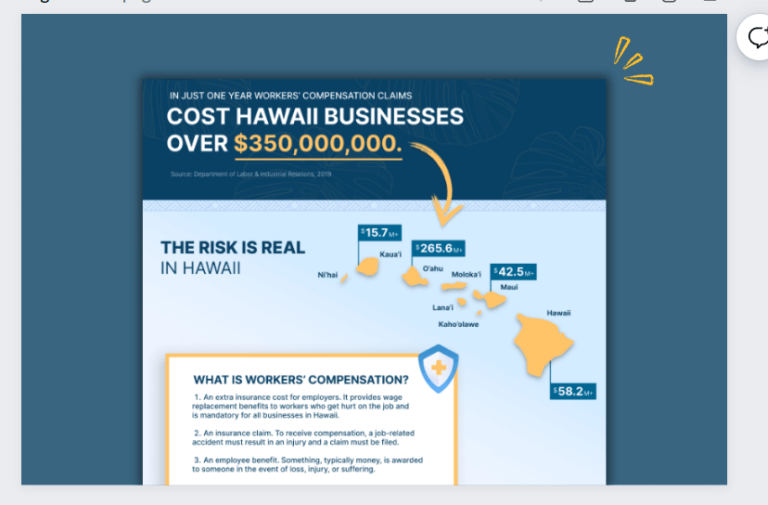Here’s How Biden’s Vaccine Mandate Impacts Large Businesses
Updated January 10, 2021
In September, President Biden announced stricter vaccination requirements for federal workers, large employers, and healthcare staff to combat the delta surge. On Thursday, November 4th, the administration rolled out two new vaccine rules that affect nearly 100 million workers employed at large companies and in healthcare. While the mandate is currently going through some debate, the new year is just around the corner, and employers won't have much time to implement their plans…so here's what you need to know.
The details for large employers:
Key Deadlines:
To minimize the risk of COVID-19 transmission at work, OSHA issued Emergency Temporary Standards (ETS) that impact businesses with 100 or more employees. According to the ETS, employees must comply with all the administrative portions of the mandate by January 10, 2022(e.g. enforcing a written policy, providing info to employees on vaccine requirements, obtaining and maintaining proper records, etc.) Meanwhile, the deadline for the vaccine and weekly testing of employees is set to begin on February 9, 2022.
Employees get paid time off to get vaccinated:
Under OSHA’s rules, employers must offer workers paid time (up to 4 hours) to receive their primary vaccination doses. They must also provide reasonable time and paid sick leave to recover from any side effects experienced following each primary vaccination dose.
Unvaccinated workers must still wear masks:
In addition to weekly COVID-19 testing, the rule requires that all unvaccinated employees wear face coverings when indoors or when occupying a vehicle with another person for work.
Certain employees of covered employers are exempt:
OSHA’s rule does not apply to employees who work alone (not in the presence of co-workers or customers), work from home (i.e. remote work), or work exclusively outdoors (e.g. landscapers). This callout is particularly good news for employers that are set up for remote and hybrid work.
Inspections will be driven by employee complaints:
In light of these new rules, OSHA is relying on companies to self-enforce the rule. However, OSHA inspectors will respond to employee complaints and add COVID-related inspections to their to-do lists when they are already on-site. Employers that are not compliant could face fines of up to $13,653 per violation for serious violations and 10 times that for willful or repeated violations.
What does this mean for Hawaii?
In Hawaii, workplace safety is regulated by HIOSH (Hawaii Occupational Safety & Health) as opposed to OSHA. Even so, HIOSH historically adopts the rules and regulations set forth by OSHA and isn’t allowed to create rules that are less strict than OSHA (only stricter).
Healthcare workers don't have testing options:
Under a separate, but similar rule issued by the Centers for Medicare & Medicaid Service, healthcare workers are required to be vaccinated by the same deadline, Jan. 4, but with no option for weekly testing in lieu of vaccination. This rule applies to around 76,000 healthcare providers that receive Medicare or Medicaid reimbursements including hospitals, nursing homes, dialysis centers, ambulatory surgical settings, and home health agencies.
Want to learn more?
If your business is impacted by this ruling, take time to research your responsibilities as an employer. To learn more, visit osha.gov or cms.gov. Or, watch our latest on-demand webinar: Understanding Biden's New Vaccine Mandates.








